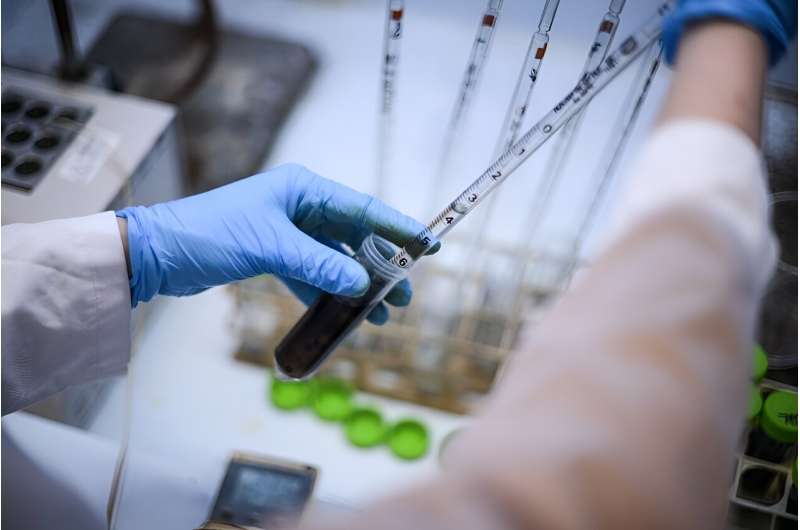The 2024 Nobel Chemistry Prize announcement promises to be a thrilling event, as the development of new compounds and advancements in artificial intelligence are tipped as potential contenders. Experts speculate that the AI-powered protein structure prediction tool AlphaFold and the pioneering work on metal-organic frameworks could be recognized, showcasing the profound impact of technology and innovation in the field of chemistry.

AI-Driven Breakthroughs in Chemistry
The field of artificial intelligence has made remarkable strides in recent years, and its influence is now being felt in the world of chemistry. One of the potential winners of the 2024 Nobel Chemistry Prize is the Google DeepMind team, led by John Jumper and Demis Hassabis, for their groundbreaking work on the AI-powered protein structure prediction tool, AlphaFold.
AlphaFold has revolutionized the way scientists understand and study the three-dimensional structures of proteins, which are essential for our understanding of biological processes and the development of new drugs. By accurately predicting the shape of proteins based on their amino acid sequence, AlphaFold has opened up new avenues for research and innovation in the pharmaceutical and biotechnology industries.
Pioneering Work on Metal-Organic Frameworks
Another area that is generating significant buzz in the run-up to the Nobel Chemistry Prize is the development of metal-organic frameworks (MOFs). These customizable porous materials, pioneered by researchers like American-Jordanian Omar Yaghi, have a wide range of practical applications, including the absorption and decontamination of toxins, catalysis, and even the extraction of water from desert air.
Yaghi’s work on MOFs has been highly influential, and his name has been mentioned as a potential laureate for several years. If he is recognized, it would not only highlight the importance of his contributions but also the growing significance of materials science in addressing global challenges.
Other Contenders and the Significance of the Nobel Chemistry Prize
While AI-driven research and novel materials are likely to feature prominently in the 2024 Nobel Chemistry Prize, there are also other promising areas of research that could be recognized. These include advancements in synthetic biology, pioneered by scientists like James J. Collins, Michael Elowitz, and Stanislas Leibler, as well as the development of stretchable electronics and flexible batteries by Zhenan Bao and her team.
The Nobel Chemistry Prize is a prestigious award that honors those who have made significant contributions to our understanding of the world around us and have improved the lives of people globally. The awards ceremony, held on December 10th each year, is a highly anticipated event that celebrates the power of science and innovation to transform our world.
